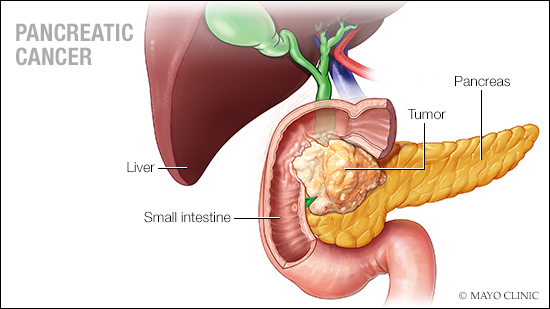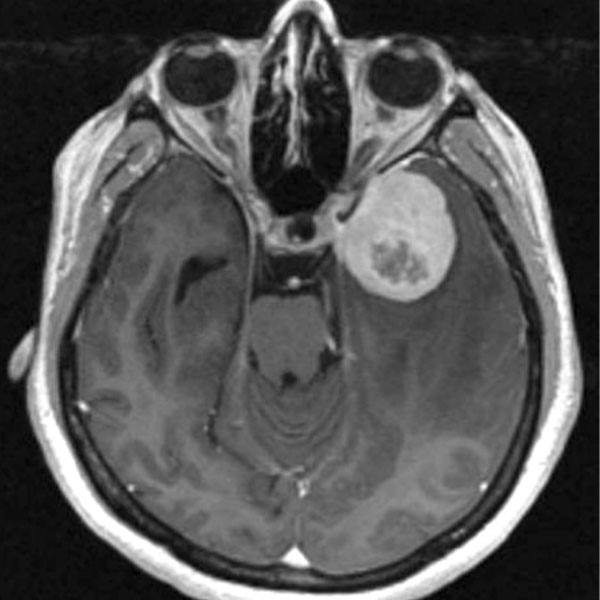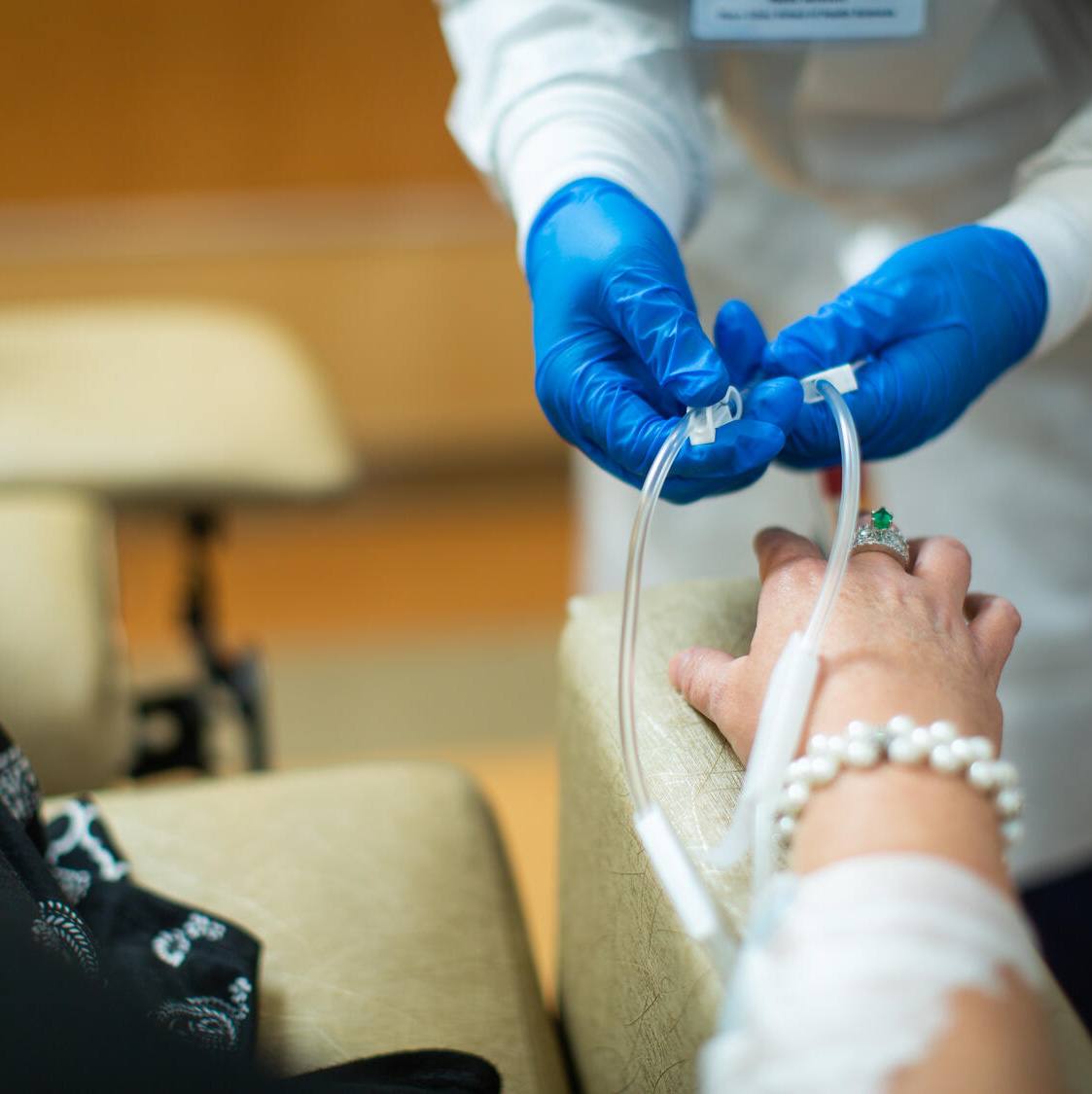-
What to know about pancreatic cancer
 Pancreatic cancer begins in the tissues of your pancreas — an organ in your abdomen that lies horizontally behind the lower part of your stomach. Your pancreas releases enzymes that aid digestion and hormones that help manage your blood sugar.
Pancreatic cancer begins in the tissues of your pancreas — an organ in your abdomen that lies horizontally behind the lower part of your stomach. Your pancreas releases enzymes that aid digestion and hormones that help manage your blood sugar.
Pancreatic cancer typically spreads rapidly to nearby organs. It is seldom detected in its early stages. But for people with pancreatic cysts or a family history of pancreatic cancer, some screening steps might help detect a problem early. One sign of pancreatic cancer is diabetes, especially when it occurs with weight loss, jaundice or pain in the upper abdomen that spreads to the back.
Treatment may include surgery, chemotherapy, radiation therapy or a combination of these.
Symptoms
Signs and symptoms of pancreatic cancer often don't occur until the disease is advanced. They may include:
- Pain in the upper abdomen that radiates to your back
- Loss of appetite or unintended weight loss
- Depression
- New-onset diabetes
- Blood clots
- Fatigue
- Yellowing of your skin and the whites of your eyes (jaundice)
Journalists: Broadcast-quality video pkg (1:00) is in the downloads at the end of the post.
Please 'Courtesy: Mayo Clinic News Network.' Read the script.
Factors that may increase your risk of pancreatic cancer include:
- Chronic inflammation of the pancreas (pancreatitis)
- Diabetes
- Family history of genetic syndromes that can increase cancer risk, including a BRCA2 gene mutation, Lynch syndrome and familial atypical mole-malignant melanoma (FAMMM) syndrome
- Family history of pancreatic cancer
- Smoking
- Obesity
- Older age, as most people are diagnosed after age 65
See your health care provider if you experience unexplained weight loss or if you have persistent fatigue, abdominal pain, jaundice, or other signs and symptoms that bother you. Many conditions can cause these symptoms, so your doctor may check for these conditions as well as for pancreatic cancer.
Related posts:







